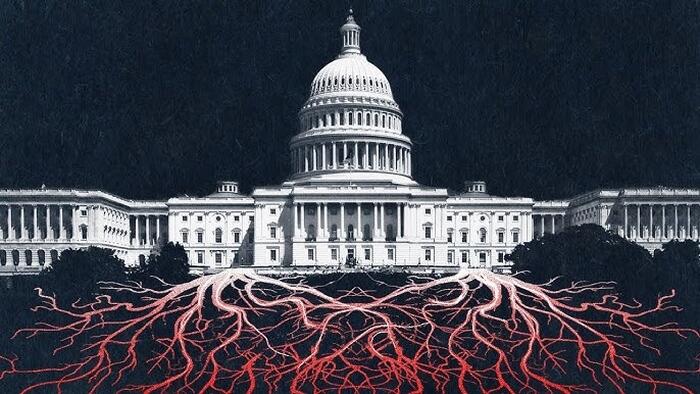In their article, John and Nisha Whitehead articulate a concerning picture of contemporary American society and governance, drawing parallels between current political dynamics and historical fears of governmental overreach. They reference H. L. Mencken’s assertion that independent thinkers often view their governments as dishonest and intolerable. The authors argue that the ongoing spectacle of the presidential election, particularly the rivalry between Donald Trump and Kamala Harris, has clouded the public’s awareness of continued governmental encroachments on individual freedoms. Both parties, they contend, are engaged in a troubling game of manipulation, focusing on issues like immigration, healthcare, and national security while neglecting the overarching threats posed to free speech and civil liberties.
Central to the Whiteheads’ critique is the notable double standard surrounding free speech, particularly how political figures on both sides facilitate a culture of selective censorship. They highlight Harris’s support for policing “hate speech” while also noting Trump’s hostile stance towards dissent and desire to deploy military force against domestic adversaries. More alarmingly, the authors point to the Department of Defense’s Directive 5240.01, which permits the military to assist law enforcement in potential confrontational scenarios. This shift towards military involvement in civilian law enforcement raises serious concerns about the erosion of democracy and the rule of law in the United States, a trajectory that they believe goes against the very principles upon which the nation was founded.
The authors further contend that the current climate is ripe for the emergence of a “military dictatorship masked as democracy,” citing a historical act, the Posse Comitatus Act, designed to prevent military involvement in domestic policing. They argue that recent increases in militarization and the operational activities of police forces bear a striking resemblance to historical shifts towards authoritarian control. Not only do these actions contradict constitutional protections, but they also demonstrate a broader trend towards utilizing fear as a vehicle for social control. The Whiteheads present a grim assessment of American society’s gradual indoctrination to accept such military presence and intervention as normal, largely driven by government propaganda and sensational political rhetoric.
As the article progresses, the authors detail the increasing societal unrest and its connection to governmental manipulation, highlighting issues such as civil unrest, economic disparity, and rising police brutality. They emphasize the role of the Deep State in fomenting discord as a means to reinforce control, suggesting that the government is preemptively preparing for anticipated unrest through militarization. The Whiteheads reference a Pentagon training video that forecasts a dire future requiring extensive military intervention to address a society characterized by crime, unrest, and socio-economic divides. The framing of civilian dissenters as potential “noncombatants” signifies a troubling perspective in which the government increasingly views its own population as adversaries.
In exploring the implications of such a military-driven future, the authors argue that the erosion of civil liberties has explicitly characterized the government’s responses to internal threats. They contend that the seeming indifference of citizens towards the normalization of martial law tactics is alarming and serves the interests of those in power, who manipulate language and frameworks to cast dissent as extremism. The Whiteheads ultimately claim that the government is not acting as a protector of liberty, but rather as a creator of the very chaos it professes to combat, as seen through its myriad operations and legislation that enable surveillance and suppression of dissent.
As a concluding warning, the Whiteheads call for heightened awareness of this undemocratic trajectory, cautioning against the conditioning that renders the populace amenable to a militarized police state. They assert that the ongoing trend towards societal division and regulation serves the Deep State, which operates independently of electoral politics. The authors urge vigilance in recognizing how entrenched governmental interests target not just perceived threats but also the rights and freedoms of the populace. They argue that the current political landscape is one of alarming apprehension where the diffusion of power and oversight might lead citizens to a precarious existence as “enemies of the state,” a reality less abstract and increasingly tangible in today’s polarized socio-political environment.

